The liver is an important organ of our body that plays a central role in all its metabolic functions. On the occasion of World Liver Day, Medicircle is conducting an exclusive series with eminent gastroenterologists and hepatologists so that there is more awareness in people regarding liver and its diseases.
Dr. Biswanath Gouda is Consultant Gastrointestinal, Bariatric & HPB Surgeon. He is associated with Holy Family Hospital, Global Hospital, St. Elizabeth Hospital, Somaiya Ayurvihar, and Godrej Memorial Hospital. He is very passionate about clinical research and academic activities. He has several papers published, both in national and international journals, and has given presentations at various scientific forums worldwide. His research interests include treatment options for morbidly obese patients, treatment modalities for liver & pancreatic cancer, improving laparoscopic access for liver surgery, and providing minimal access to gastrointestinal surgery for weaker sections of the society.
Be careful about what you are consuming
Dr. Gouda mentions, “Most of the time a patient who is suffering from liver disease will have some amount of loss of appetite, abdominal pain, nausea and as it gets worse or symptoms persist for a longer duration, one will start having jaundice. The urine will start turning yellow, and there will be abdominal distension. When the fluid starts getting collected in your abdomen, which we call ascites in medical terms, one starts having a bulge in the belly. It is always better to go and see a doctor. Anyone who is overweight or obese, or someone who's consuming alcohol on a regular basis, or has had some liver problems in the past, are the people who are at higher risk of having liver problems. Also, those people who are on Ayurvedic or homeopathic medication for a long time are at risk. Without knowing what it contains, they take powdered medications, etc. which may lead to liver problems. So, one should be careful about what one is consuming,” advises Dr. Gouda.
Everyone should go for liver tests
Dr. Gouda emphasizes, “Everyone should do the liver test at least once a year like annual health checkups, particularly people who are above 40. For the liver, one blood test is more than enough. It's called a liver function test. It shows your liver enzymes, your bilirubin, and also your albumin level. If your liver test is borderline or abnormal, then you can go for an ultrasound of the liver, which will show if the liver has any edema, or if there's any swelling in the liver, or jaundice, which is blocking your liver. So, a blood test and sonography are very important to keep a check on your liver. Anyone who has diabetes, blood pressure, or if he/she is overweight, should keep a check on the liver.”
If fatty liver is in stage 4, it’s a big problem
Dr. Gouda mentions, “Fatty liver is very common these days. And it's good that people are becoming more aware and more concerned when they see the ultrasound report showing fatty liver. There are 4 stages of fatty liver - stage 1 – stage 4. From stage 1 to stage 3, it can be treated with medication, diet control, and weight loss. The moment it becomes stage 4, it's a big problem because, from stage 4 onwards, the only treatment of fatty liver becomes a liver transplant. So, whenever there is stage 1 fatty liver, don't ignore it and see a doctor. Most of the time, fatty liver is related to your weight. So, if you are overweight or obese, try to knock that weight off. Even if you lose 2 or 3 kilos of weight, your liver will become normal. Avoid fried food, cheese, or fast foods. Try as much as possible to have fruits, green vegetables, and exercise for about 60 to 75 minutes per day. That is very important. When you have a fatty liver, don't take it lightly,” advises Dr. Gouda.
Help your liver to regrow by healthy eating habits
Dr. Gouda explains, “Liver as an organ is very unique. It has got the potential to regrow, it can regenerate, in the same manner as you cut your hair, and then it again regrows. God has given us the beautiful opportunity to help the liver to regrow. If you want to help your liver, you should try to have as many fruits, green vegetables every day as possible. Try to avoid oily foods in your dietary habits and there should be no consumption of alcohol at all. If there is some amount of fat in your liver, that fat will dissolve and liver tissue will regrow. Ensure that your food plate is covered with colorful items like some red fruits, some green vegetables, etc. Have more organics, more vegetables, and more fruits that should be the ideal goal. And the other thing is you can have as much fish, chicken, eggs as possible as they are high in proteins. Anyone who is a non-vegetarian should try to have this component in the meal at least once a day,” says he.
Supplements are not straightaway required
Dr. Gouda mentions, “We don’t straightaway jump on supplements. If the patient is able to eat well, we just tweak the diet habits so that they eat the right amount of food. With that, we are able to have a goal to ensure enough proteins. Supplements are required for the liver only in cases where the patients are not able to eat well, in cases where the patient is having vomiting, nausea, etc. Only then we advise them supplements which are good for the liver.”
(Edited by Amrita Priya)
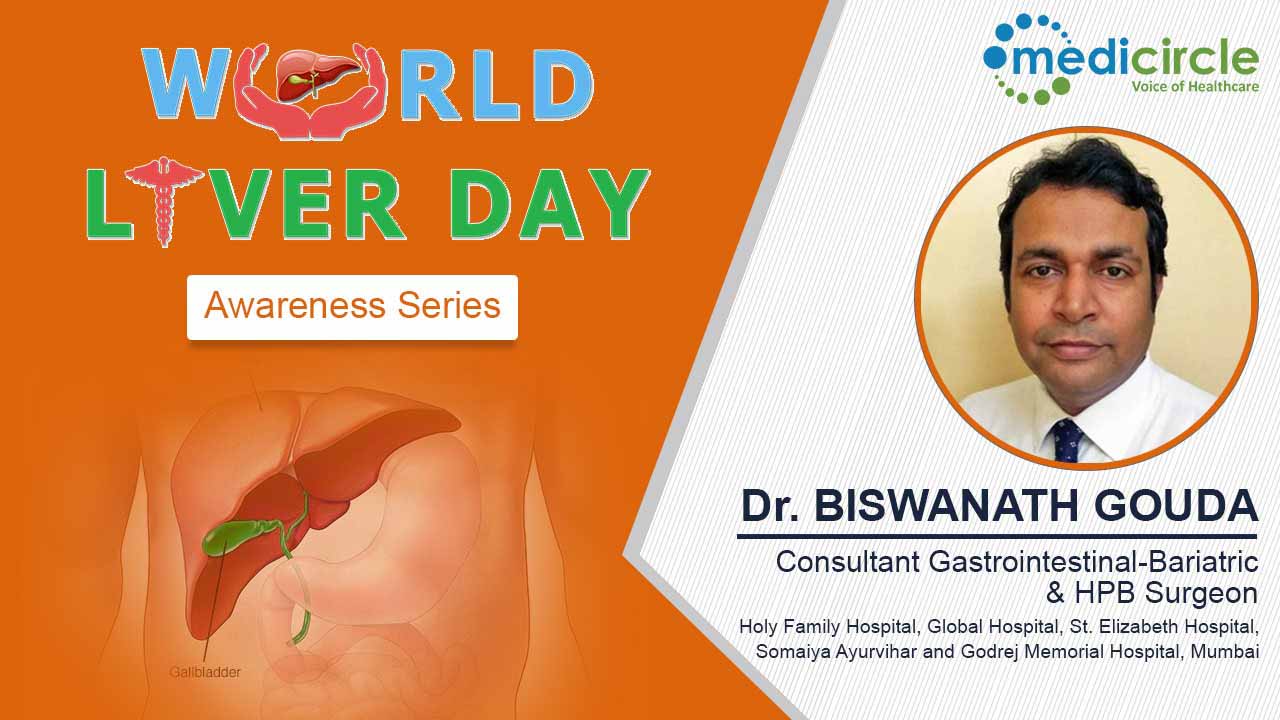
 God has given us the beautiful opportunity to help the liver to regrow. So, if you want to help your liver, you should try to have as many fruits, green vegetables every day as possible. Try to avoid oily foods in your dietary habits and there should be no consumption of alcohol at all – Dr. Biswanath Gouda
God has given us the beautiful opportunity to help the liver to regrow. So, if you want to help your liver, you should try to have as many fruits, green vegetables every day as possible. Try to avoid oily foods in your dietary habits and there should be no consumption of alcohol at all – Dr. Biswanath Gouda





.png)
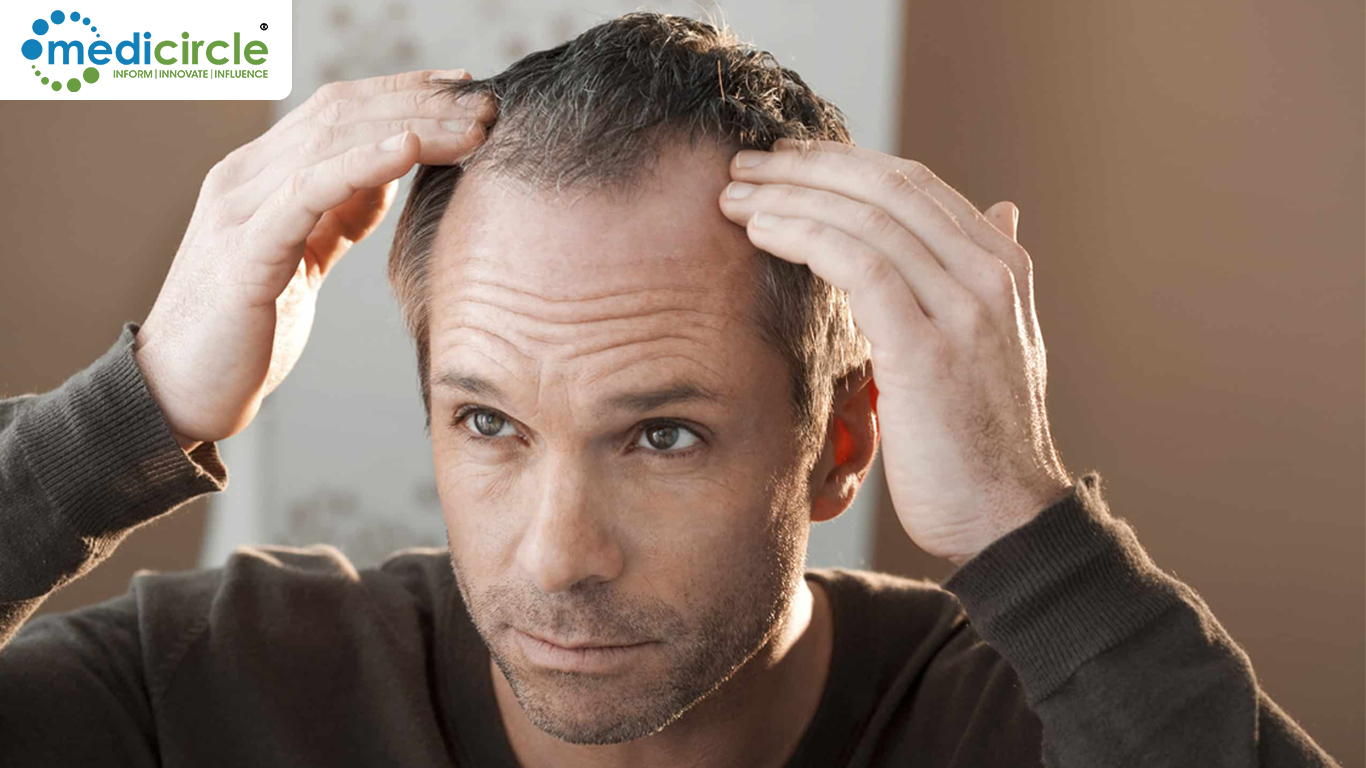
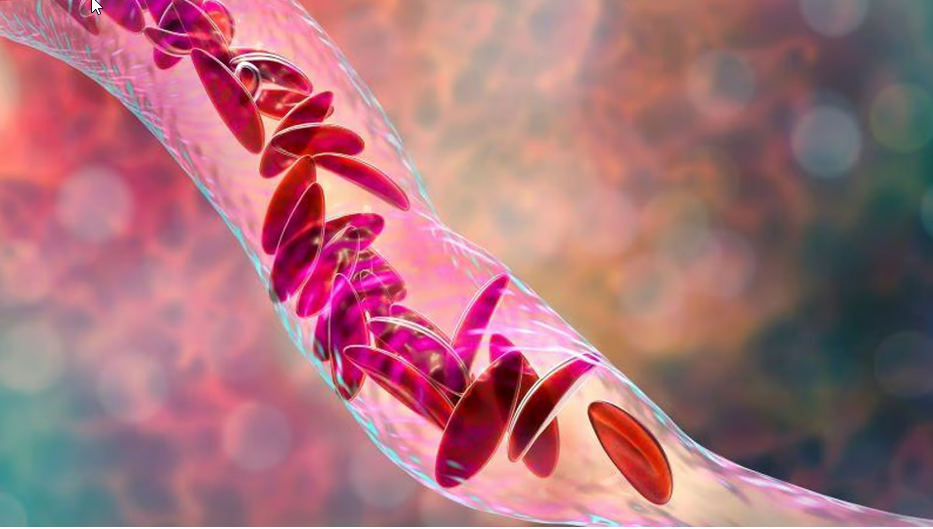
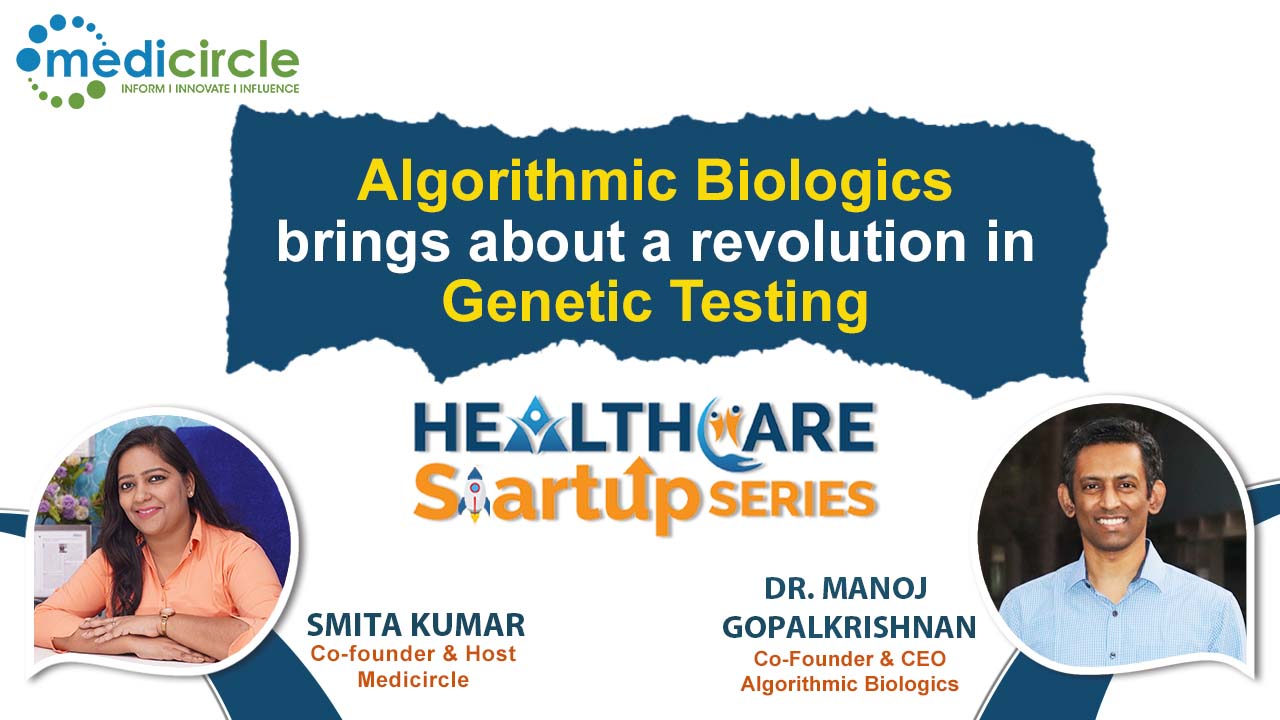
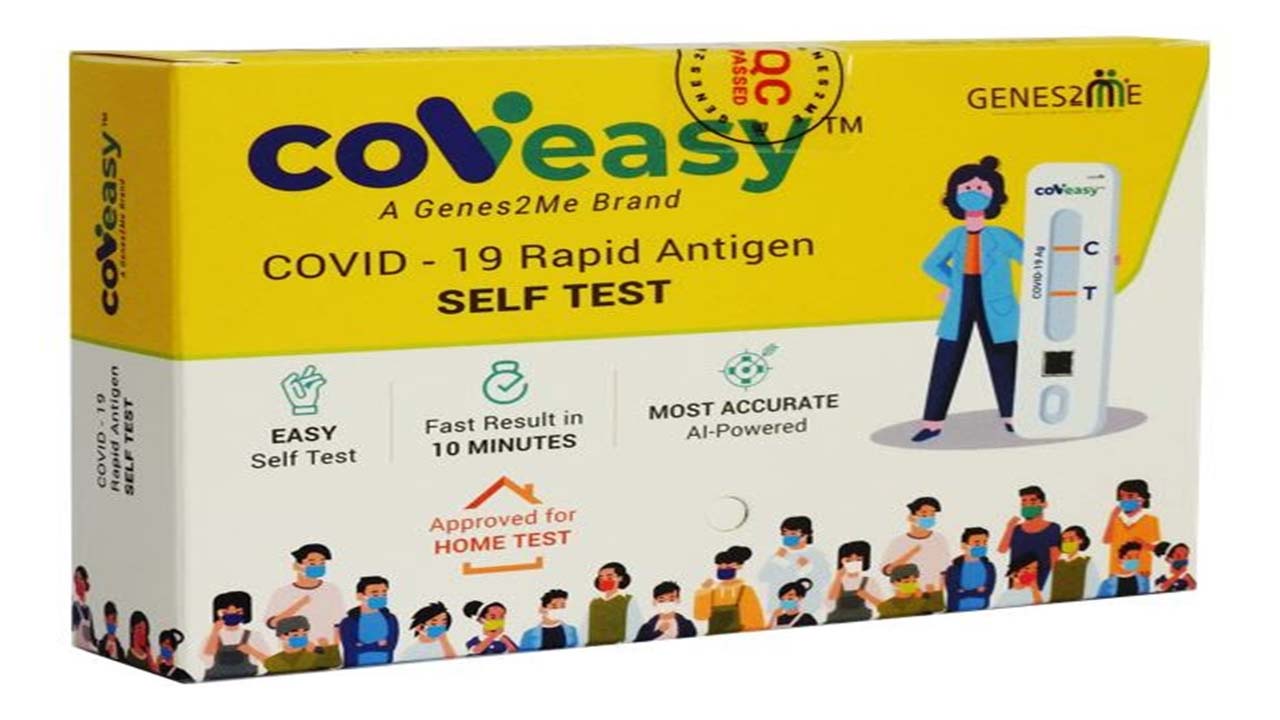


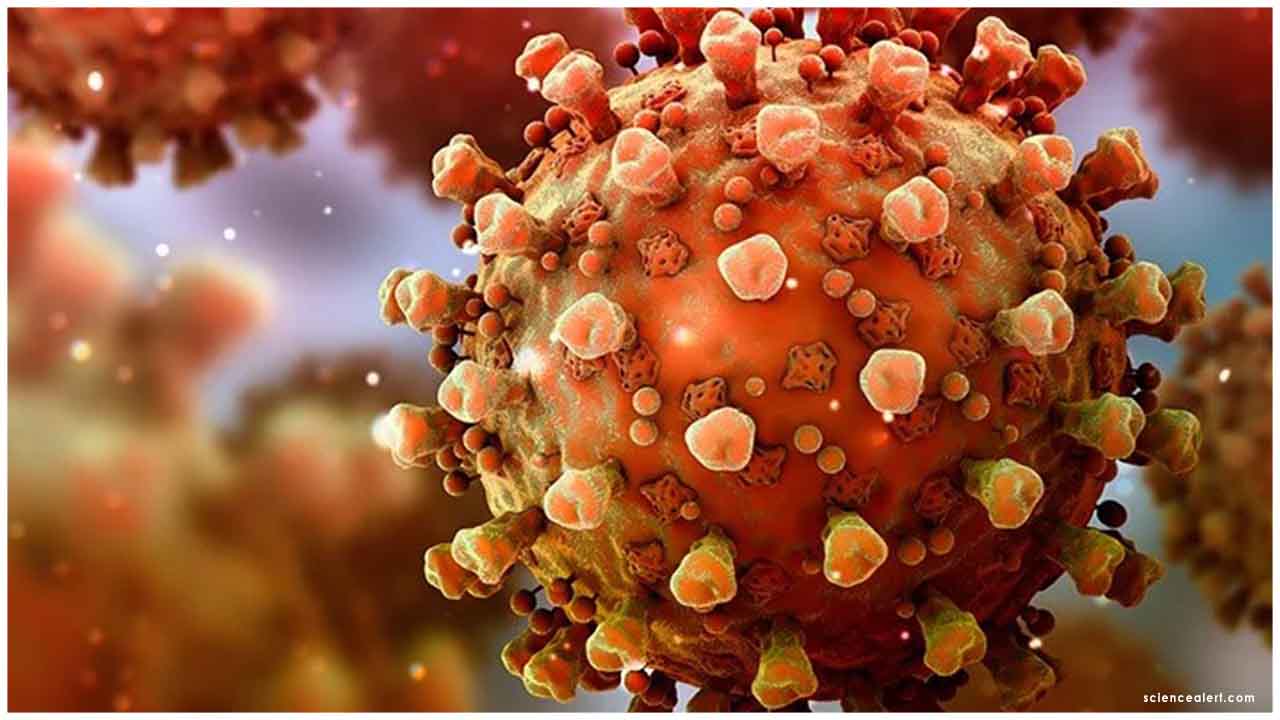







.jpeg)

.jpeg)
.jpeg)
.jpeg)

.jpeg)
.jpeg)
.jpeg)
_(1).jpeg)

_(1)_(1)_(1).jpeg)
.jpeg)
.jpeg)
.jpeg)






